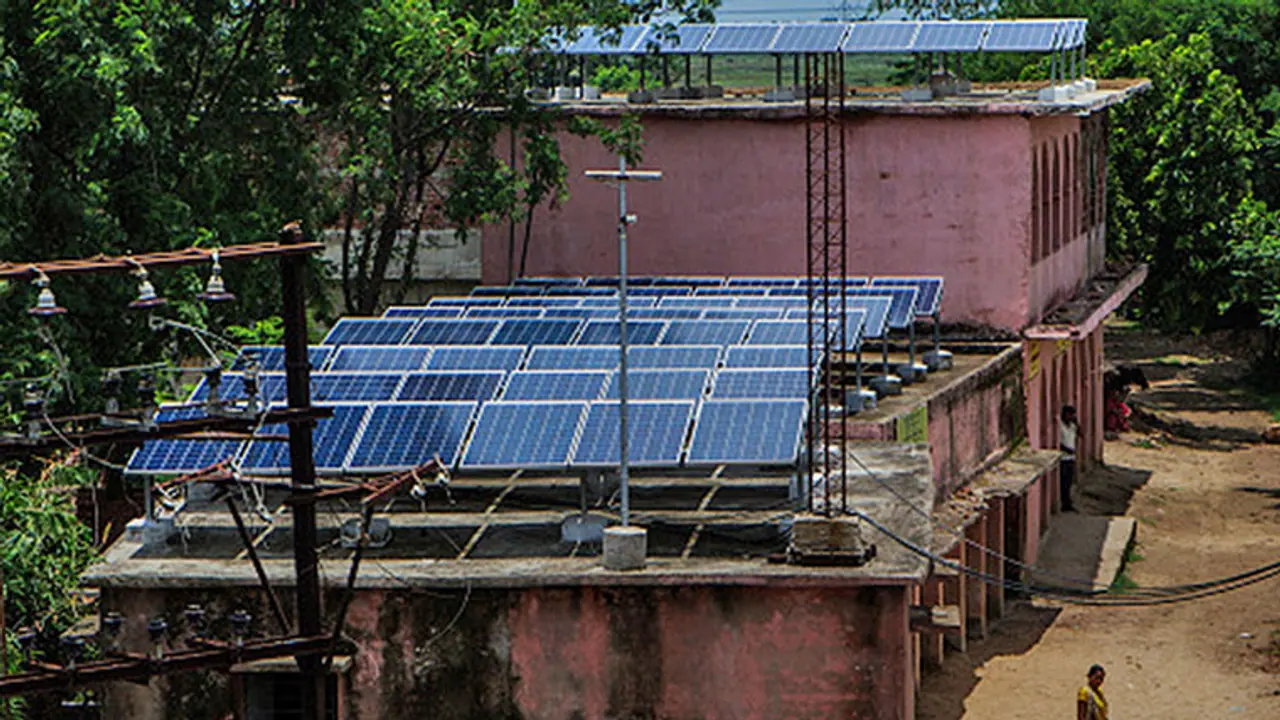Applications for installing new rooftop solar panels have seen a decline in recent months. Residents cite the high installation cost and infrastructure issues as inhibiting factors. Karnataka had increased its solar power target to 6,000MW by 2021.
Earlier this month, the Karnataka Government amended its 2014–21 Solar Policy to boost the State’s target for solar power generation, which currently stands at 300MW. The Government has set a target of generating 6,000MW by March 2021. The government hopes to see 40% of this target being achieved by rooftop solar panels.

However, the rooftop plan may find fewer takers, at least in Bengaluru. Experts and residents recently told The Hindu that the Karnataka Electricity Regulatory Commission’s (KERC’s) decision in 2016 to cut the price for purchasing excess power from residents has affected the scheme’s popularity. When the scheme was introduced, the government would pay ₹9.56 per unit of excess power; this amount has come down to ₹7.2 per unit. Residents who have installed solar panels claim that while the government’s purchasing rate has reduced, the cost of the equipment hasn’t.
Industry experts note that a small solar power system generating 1KW costs more than ₹1 lakh. The price of a larger 5KW system would go up to around ₹5 lakh. Residents say plans for larger plants would be difficult to implement given the need for inverters and batteries.
While larger systems are more cost-effective, the size requirements are a constraint — a 1KW plant alone needs about 100 sq ft of area of terrace/open area. Further, the frequent growth of residential areas due to ongoing construction leads to rapid changes in the skyline that would adversely affect the efficiency of installed solar panels.
A KERC official told The Hindu that following the cut in buyback prices, the agency has seen a drastic fall in applications for new installation of panels in recent months. Bengaluru saw a surge in solar power generation from rooftop panels from 7.5MW in 2015-16 to more than 29.1MW in 2016; however, these installations were from applications that were pending from 2014 and 2015.
Also read: India’s solar power growing rapidly, only if Budget 2017 could help
Experts have called on the government to consider promoting solar power use more to institutions such as companies or educational facilities that have the requisite land and maintenance personnel for larger installations.
